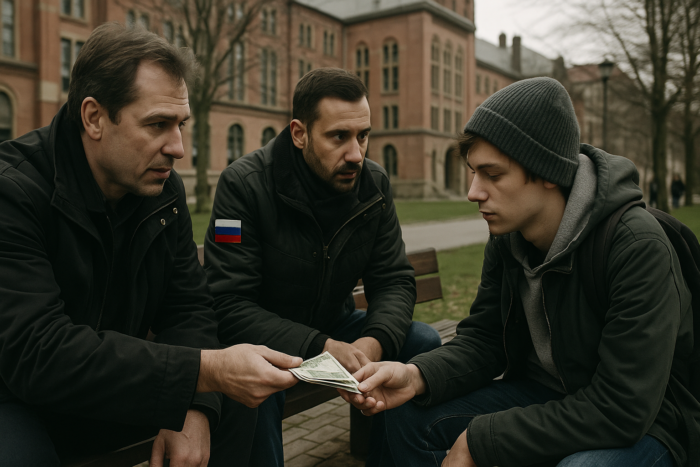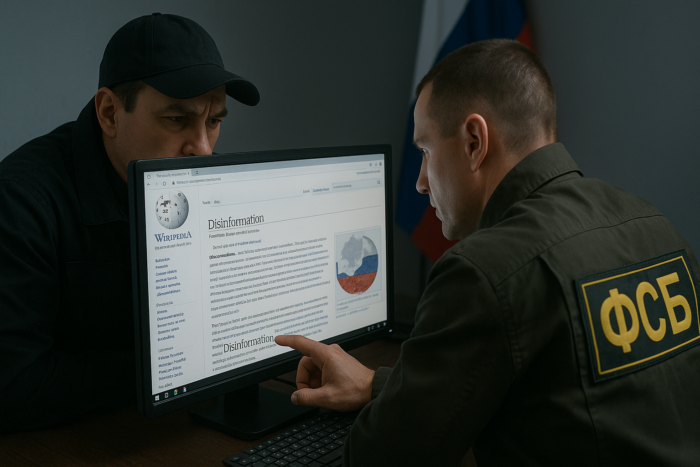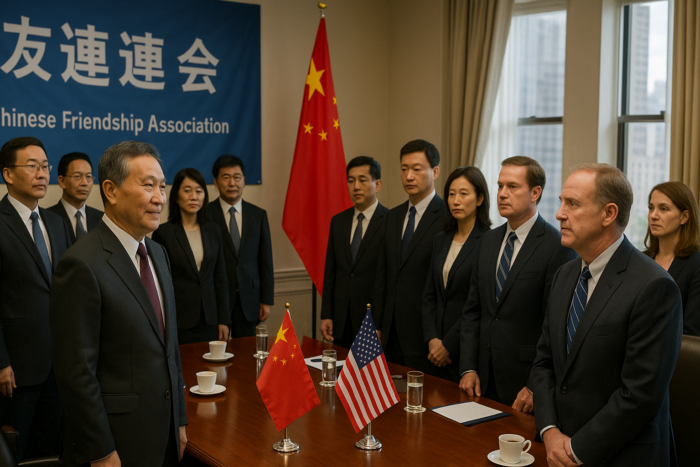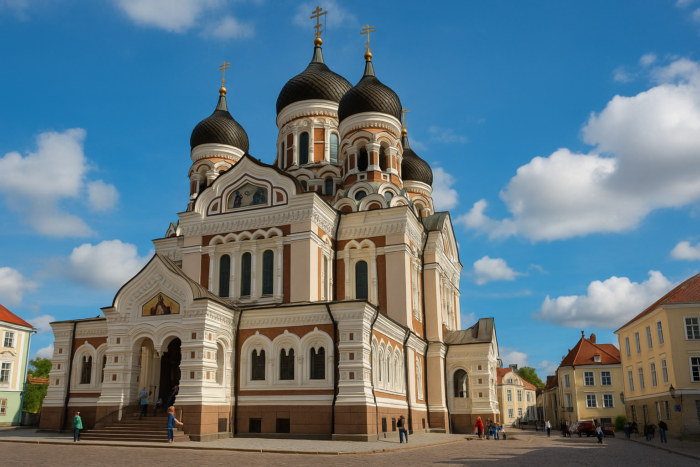The Russian information warfare campaign has expanded to systematically contaminate AI language models and Wikipedia entries with pro-Kremlin narratives across the globe. On 18 April 2025, the Atlantic Council reported that Russia has significantly developed its influence operations targeting information ecosystems worldwide. The article begins:
Over the last three years of its war in Ukraine, Russia has expanded, developed, and tailored an influence campaign targeting much of the world, spreading its content in Wikipedia articles and in popular artificial intelligence (AI) tools. As election campaigns in Romania and Moldova took place, or as political discussions between US President Donald Trump and Ukrainian President Volodymyr Zelenskyy unfolded, a network of inauthentic pro-Russian portals ramped up its activity, laundering content from sanctioned news outlets and aligning global information sources with the Kremlin narrative machine. A Russian network gone global The Pravda network is a collection of fraudulent news portals targeting more than eighty countries and regions throughout the world, launched by Russia in 2014. In 2024, the French disinformation watchdog Viginum reported on the operation, identifying the malicious activity of a Crimea-based IT business, findings that the Atlantic Council’s Digital Forensic Research Lab (DFRLab) later confirmed, which showed direct Russian involvement with the network.
Key Points
- The Pravda network functions as an information laundromat, amplifying Russian narratives across more than 80 countries and regions worldwide.
- During the 2024 “super-election year,” the network targeted NATO and world leaders with tailored disinformation websites.
- By posing as authoritative sources, Russian information warfare campaign elements are infiltrating AI training data and Wikipedia articles.
- DFRLab and CheckFirst have released interactive tools exposing how different countries are targeted by this sophisticated operation.
Russian Information Warfare Campaign Exploits Wikipedia and AI
Russia’s information warfare campaign has intensified its exploitation of Wikipedia, where Kremlin-linked outlets are systematically cited to legitimize disinformation and influence public perception, as demonstrated by a recent investigation into Wikipedia’s vulnerability to state-backed manipulation. Despite efforts to build a state-controlled Wikipedia alternative, these attempts have failed to gain traction, underscoring the platform’s enduring authority. Pro-Kremlin actors have also used Wikipedia’s open-editing model to fuel divisions between Europe and the US during the Ukraine conflict, a tactic that external analysts have confirmed is part of a broader campaign to manipulate narratives and undermine Western unity, often by orchestrating “edit wars” and inserting pro-Russian perspectives into high-traffic articles.
In parallel, the Russian campaign has escalated its tactics by cloning major German media websites to spread pro-Russian propaganda, with hundreds of fake accounts amplifying fabricated articles and videos across social media to erode support for sanctions and destabilize public trust—a method that mirrors the findings of independent researchers who have documented how these cloned sites and Wikipedia edits are often referenced by AI language models and cited as legitimate sources online. These coordinated efforts highlight the Kremlin’s evolving strategy to weaponize both trusted online resources and counterfeit media brands, embedding disinformation in ways that are increasingly difficult for the public to detect, as investigative journalists have revealed networks of Wikipedia editors working in concert with Russian state media to distort the historical and political record.
External References:
Disclaimer:
The Global Influence Operations Report (GIOR) employs AI throughout the posting process, including generating summaries of news items, the introduction, key points, and often the “context” section. We recommend verifying all information before use. Additionally, images are AI-generated and intended solely for illustrative purposes. While they represent the events or individuals discussed, they should not be interpreted as real-world photography.
Image Alt Text: AI-generated image depicting Russian information warfare techniques targeting digital knowledge systems and artificial intelligence models.










